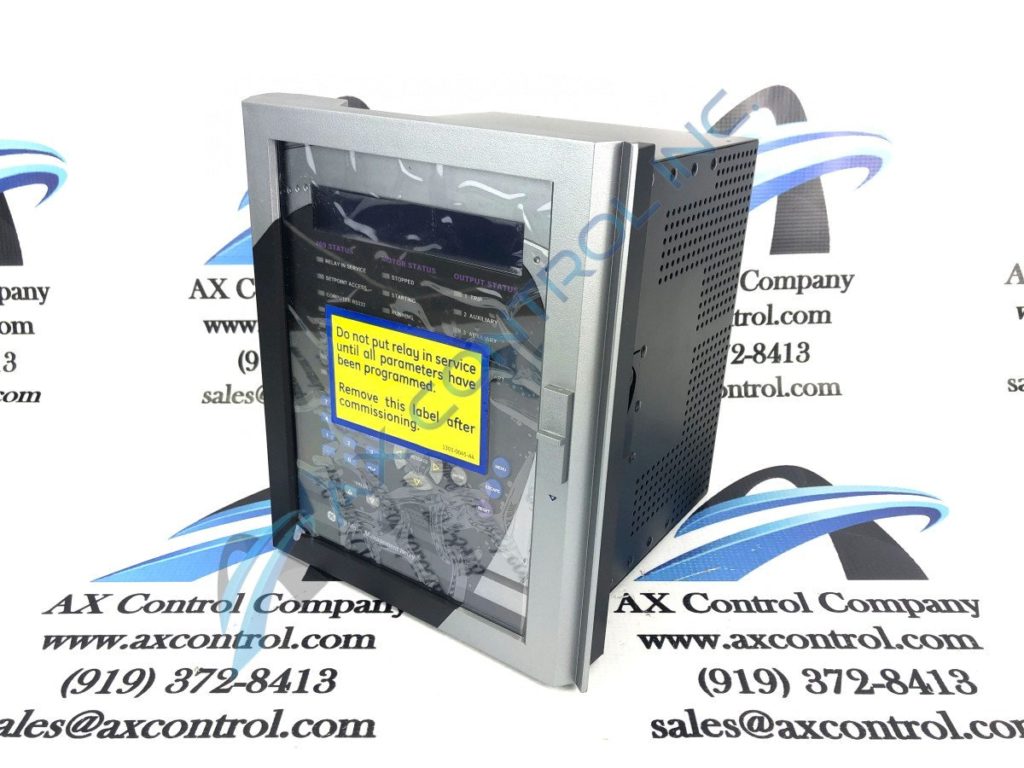
Has your company considered buying or selling industrial surplus for the first time in the last few months? You’re not alone.
A lot of our customers consider buying and selling secondhand components as part of a regular business day. But for some, it’s new territory. The last year created supply chain issues for components like PCBs. This limited how fast manufacturing line upgrades could happen, regardless of social distancing needs. As a result, purchasing agents have expanded the scope of how to fix problems.
We thought it would be a good idea to write a quick guide to clear up confusion on the questions we hear most frequently. Even if you’re not a customer of ours (yet) we hope this will help you understand the process of buying and selling parts.
Industrial Surplus: What is It?
Before we get too far into this, let’s give a good definition of what industrial surplus means.
Industrial surplus is typically considered unsold or unused OEM stock. Sold but unused stock lives as inventory in many warehouses, the product of over-ordering or under-production.
These parts are just as good as new. In fact, many have never left their original packaging. These parts become orphans with no place to go when manufacturers upgrade to new systems. When sold off as surplus, the parts get a chance at a second life.
Surplus can also live as viable used components, removed during upgrades or changeovers. Still in perfect working order, still valuable but now unnecessary, these parts take up valuable space and tie up capital. You may have some sitting in your warehouse right now.
Industrial Surplus Buying
Buying surplus equipment begins much like buying anything else: by asking questions. Before you buy any equipment you should know
- What do I need the equipment for?
- When do I need the equipment?
- How long will it take to purchase?
Additionally, when you’re looking at industrial surplus, it’s important to consider other questions as well. Here’s a short rundown.
Why Buy Surplus Instead of New?
Compare buying used industrial equipment to buying a used car: the first owner takes the biggest hit on price. The cost savings of surplus can be enormous, as much as 75% or more of OEM list price.
Meanwhile, surplus equipment can be just as reliable as new. In fact, if you’re buying reconditioned surplus, that original runtime is like letting someone else work out the glitches for you.
Sometimes, the original equipment manufacturer no longer supports a part required for your setup. When that happens, the secondhand market is your only recourse. Here at AX Control, we specialize in hard-to-find products, often stocking parts others don’t have.
If you want to know more about the advantages of buying refurbished industrial equipment, we’ve written an entire post on that subject.
If you choose to buy from a reputable reseller, surplus equipment will come with a warranty from that company. This can offset some of the anxiety of buying secondhand equipment.
Does the Seller Support Repairs?
This is an important one for more than one reason. It’s important to know when you buy equipment from someone, they can support repairs if you need them. Not only that, but if the seller doesn’t support repairs, how can you be assured the part you’re buying initially is in good working order?
Make sure your seller is knowledgeable about the parts he is providing. This is important for now and in the long run, too.
Should I Buy Surplus from Ebay Sellers?
The short answer is: sometimes.
Ebay is used by a lot of reputable dealers to expand their market. But you still should know who you’re buying from, and what they offer beyond the sale.
Our suggestion: use Ebay to search for parts. But try to visit the seller’s own website before you buy. If they’re a reputable, professional dealer, they’ll have one.
Definitely avoid buying parts from scavenger sellers who are trying to make a quick profit. You have no way of knowing the quality of the part, whether it works, or even if the seller will be there if you have questions once the part is delivered.
When You’re Selling Surplus–What Then?
Selling surplus can be a little different than buying. Oftentimes buyers specialize in particular products. But it’s always good to check with the company you bought from before to see what they will purchase back from you.
Here at AX Control, our buy-back list changes from month to month depending on customer demand and our current warehouse inventory. You can check to see what surplus we’re interested in on our main site.
Selling industrial surplus is a great way to recover valuable warehouse space as you also improve your cash flow. It’s also an ecologically sound practice since it allows viable products to stay out of landfills until their lifespan is done. This is particularly important for industrial equipment that includes dangerous substances like mercury, lead, cadmium, hexavalent chromium, and flame retardants.
If you’re looking for replacement parts for GE, Reliance, Fuji, Cognex, or Parker, check out our main site for our full inventory.
You can also check out our repair page if you need more information on repairing drives, PLCs, HMIs, and circuit boards from various manufacturers.

You must be logged in to post a comment.